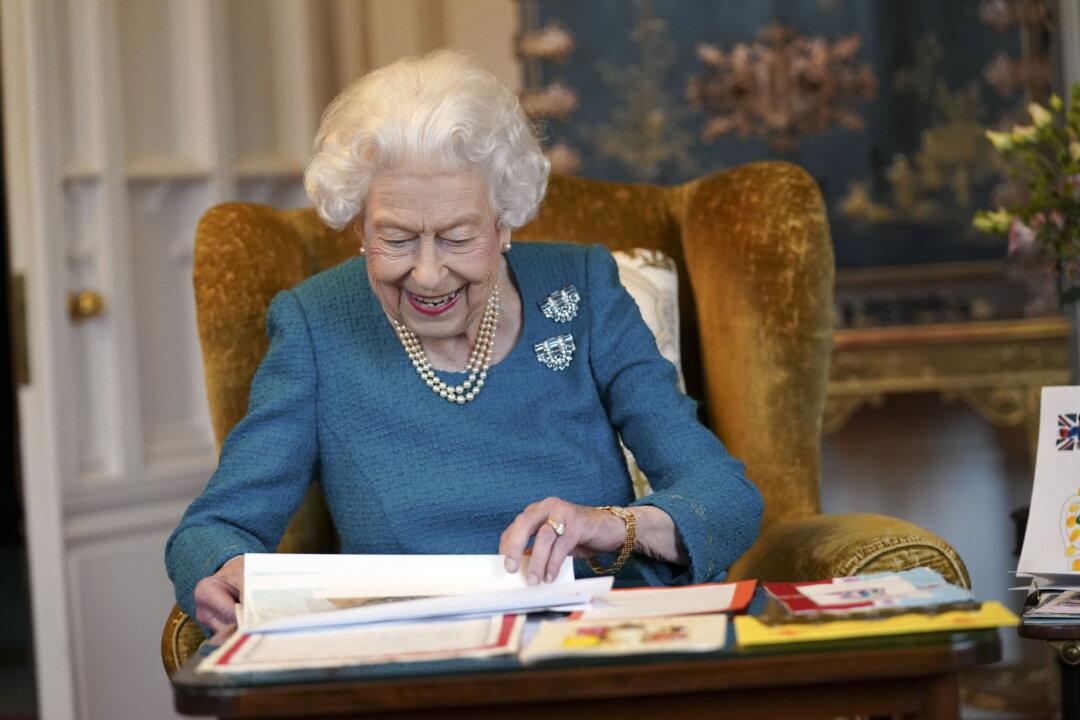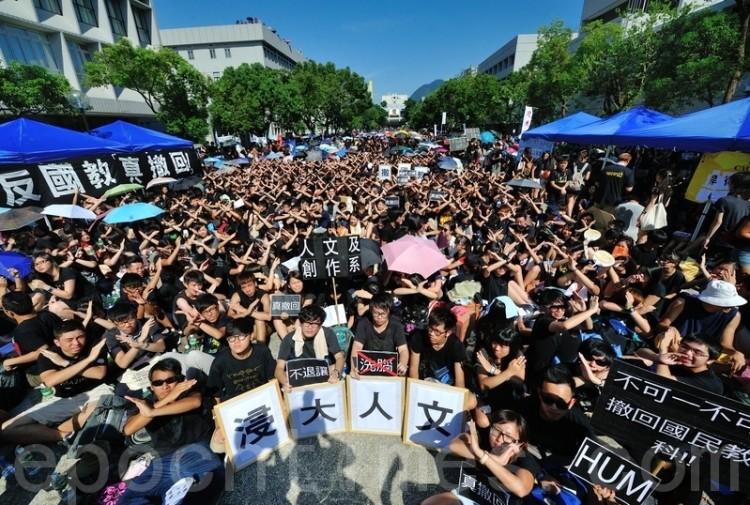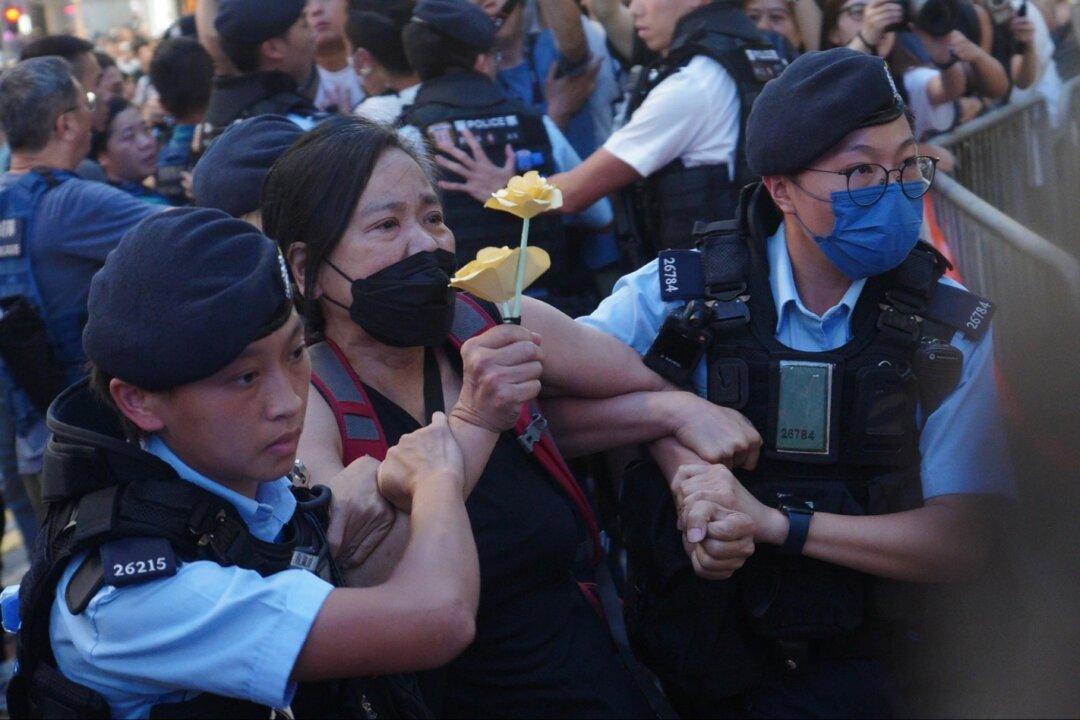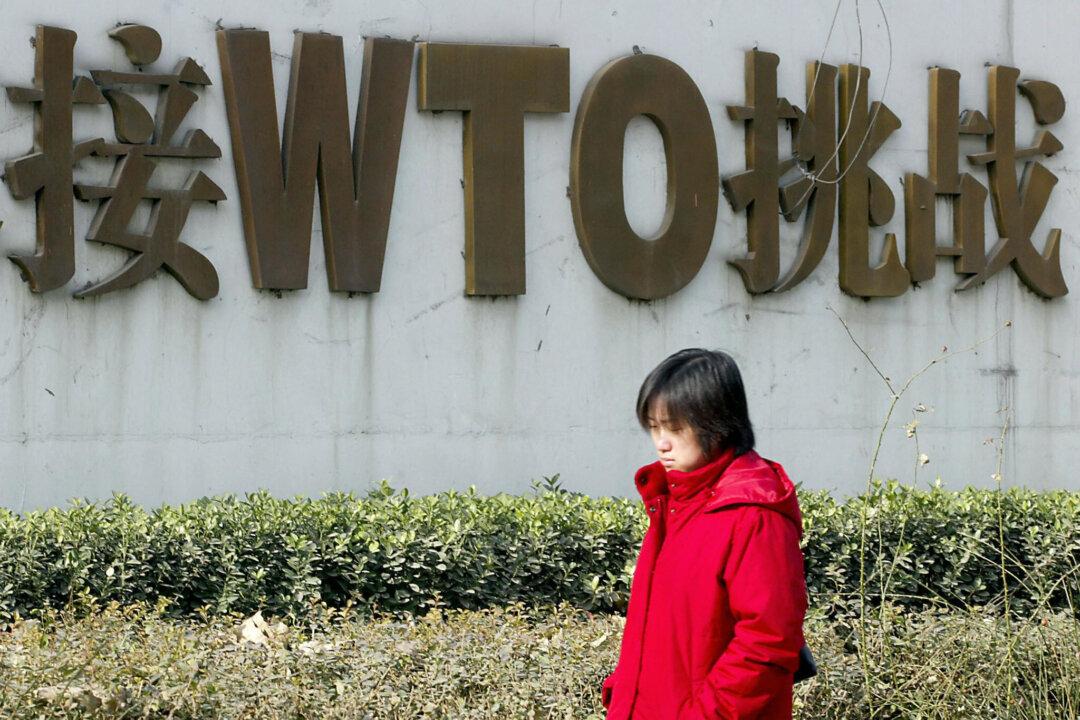British monarch Queen Elizabeth II celebrates her platinum jubilee this year, which will be widely celebrated across the country. Even if one chooses to not join any of the activities, one may receive a commemorative copy of the Holy Bible, published by the Cambridge University Press, and procured and mailed out by certain parishes for free. As a new immigrant, I will produce a video on the Queen and Hong Kong. During her reign, she witnessed the economic rise of Hong Kong, and has six public buildings named after her—two stadiums, two secondary schools, one hospital, plus one commercial building. In contrast, China’s Xi Jinping, whose status is no different from a monarch, has no secondary school, stadium or hospital named after him, in Hong Kong or in mainland China.

Queen Elizabeth looks at Jubilee cards ahead of her milestone celebration. Steve Parsons/PA
|Updated:
Commentary
Hans Yeung is a former manager at the Hong Kong Examinations and Assessment Authority, specializing in history assessment. He is also a historian specializing in modern Hong Kong and Chinese history. He is the producer and host of programs on Hong Kong history and a columnist for independent media. He now lives in the UK with his family. Email: [email protected]
Author’s Selected Articles




